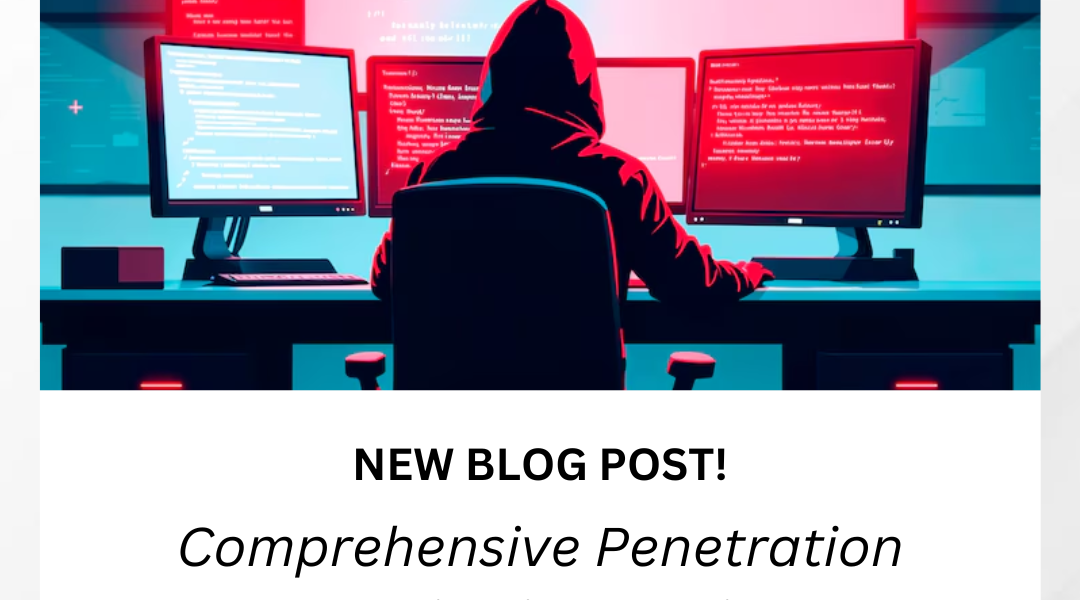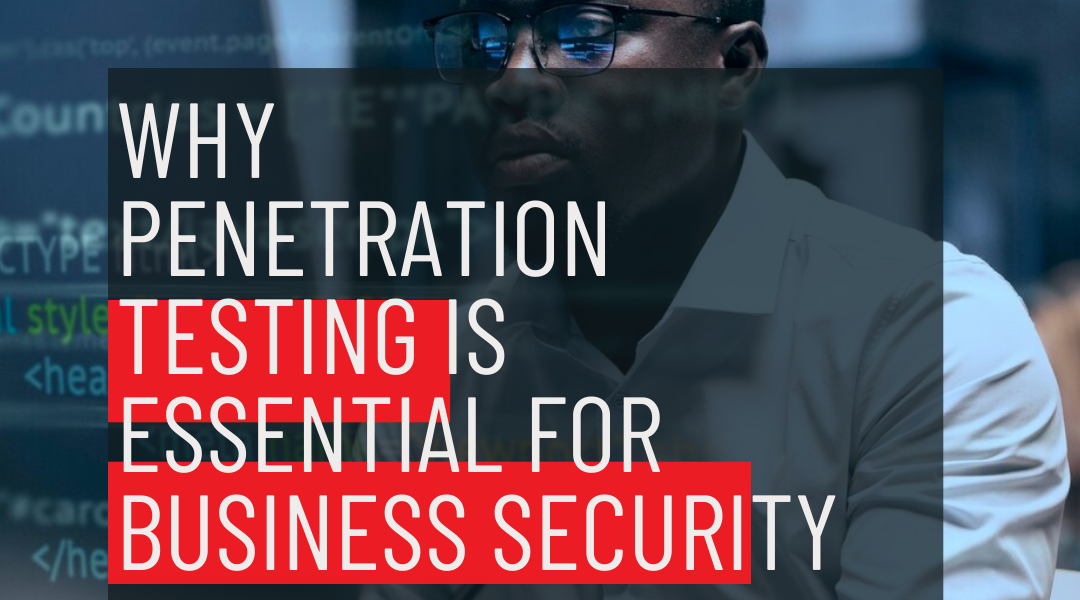Nigeria’s Digital Surge and Cybersecurity Threats
Nigeria’s digital economy has witnessed exponential growth over the last decade. With increased digital adoption across financial services, government, healthcare, and e-commerce, the nation’s cybersecurity posture faces mounting pressure. In 2024 alone, cyberattacks surged by over 40%, targeting both SMEs and large enterprises.
As these threats evolve, traditional security tools are proving inadequate. Enter Artificial Intelligence (AI) — a game-changing force transforming how Nigerian businesses defend their networks, data, and operations.
What Is AI in Cybersecurity?
AI in cybersecurity refers to the use of intelligent algorithms, machine learning, and behavioral analytics to detect, analyze, and respond to threats in real time. Unlike manual monitoring tools, AI systems learn from data patterns and adapt continuously, providing proactive defense.
Key Ways AI Is Enhancing Cybersecurity in Nigeria
1. AI-Driven Threat Detection and Response
AI excels at identifying anomalies across vast volumes of data. Nigerian banks and fintech companies are leveraging AI to detect unusual transaction behaviors, flagging potential fraud instantly.
Example: FirstBank Nigeria implemented AI tools to reduce phishing attacks, resulting in a 30% drop in financial fraud cases within 12 months.
2. Real-Time Monitoring for Enterprise Networks
AI-powered platforms offer 24/7 monitoring with automated response capabilities. These systems are especially vital for Nigerian enterprises managing hybrid and remote work environments.
3. Enhancing Endpoint Security
With millions of Nigerians accessing company data through mobile devices, AI helps monitor endpoints for suspicious activity and malicious downloads.
4. Predictive Analytics for Threat Forecasting
By analyzing historical data, AI can forecast potential attack vectors and suggest preemptive measures. Nigerian telecoms are adopting this for infrastructure protection.
Impact on Key Nigerian Sectors
???? Financial Services
AI helps combat fraud, ransomware, and insider threats. Integration with biometric systems offers an added layer of identity verification.
???? Government and Public Sector
The Nigerian government is investing in AI-based security frameworks to protect national data and services from cyberespionage.
???? Healthcare
Hospitals and health tech firms use AI to secure electronic health records (EHRs) against data breaches and ensure regulatory compliance.
???? SMEs and Startups
Startups are deploying cost-effective AI security solutions like cloud-based firewalls, intrusion detection, and automated backups.
Challenges to AI Adoption in Nigerian Cybersecurity
- Data Privacy Concerns: Lack of comprehensive data protection regulations hinders trust in AI systems.
- Infrastructure Gaps: Limited high-performance computing resources affect AI model deployment.
- Skilled Workforce Shortage: Nigeria needs more cybersecurity professionals trained in AI technologies.
Government and Regulatory Support
NITDA and the NCC are launching frameworks to support AI integration in cybersecurity:
- National AI Policy Draft (2023)
- Collaboration with private cybersecurity firms
Additionally, laws like the Cybercrime Act 2015 provide a foundation for prosecuting cyber offenses.
Future Outlook: Nigeria’s Cybersecurity Landscape by 2030
By 2030, AI-driven cybersecurity will be integral to Nigeria’s digital economy. With more investments in smart infrastructure, education, and regulation, businesses will be better equipped to counter complex threats.
Key trends to watch:
- Rise of AI-driven SOCs (Security Operations Centers)
- Greater public-private cybersecurity collaborations
- Increased AI adoption in identity verification and access control
How Treten Networks Supports AI in Cybersecurity
At Treten Networks, we provide AI-augmented cybersecurity solutions tailored for Nigerian enterprises. From Managed IT Services to Cybersecurity Consulting and Digital Transformation, our services ensure intelligent protection, 24/7 monitoring, and predictive threat analytics.
???? Special Offer: Contact us for FREE CONSULTATION. Click here to access your free checklist now.
✅ Free Cybersecurity Risk Assessment Checklist
Use this checklist to understand what risk assessment will evaluate in your organization:
???? Security Posture Overview
- Current firewall configuration
- Antivirus/EDR protection status
- Software update frequency and patch management
???? AI & Automation Readiness
- Existing use of AI or automation in security workflows
- Infrastructure capable of supporting AI-powered tools
- Potential use cases for intelligent monitoring
???? User Access & Authentication
- Number of active users and admins
- MFA (Multi-factor Authentication) implementation
- Privilege escalation protections
???? Data & Backup Protocols
- Data encryption status (in transit & at rest)
- Frequency of backups and offsite storage
- Business continuity and disaster recovery plans
⚠️ Threat Detection & Incident Response
- Intrusion detection systems in place
- Incident response protocols
- History of recent security events or breaches
???? Regulatory Compliance Review
- NDPR/GDPR compliance level
- Documentation of security policies
- Industry-specific requirements (e.g., financial, healthcare)
Conclusion: Securing Nigeria’s Digital Future with AI
Artificial Intelligence is not just a tool – it’s Nigeria’s frontline defense against the next generation of cyber threats. As digital transformation accelerates, enterprises must embrace AI to remain secure, compliant, and competitive.
Need expert guidance on deploying AI in your cybersecurity strategy? Contact Treten Networks today for a free consultation and download your free cybersecurity risk assessment checklist.


